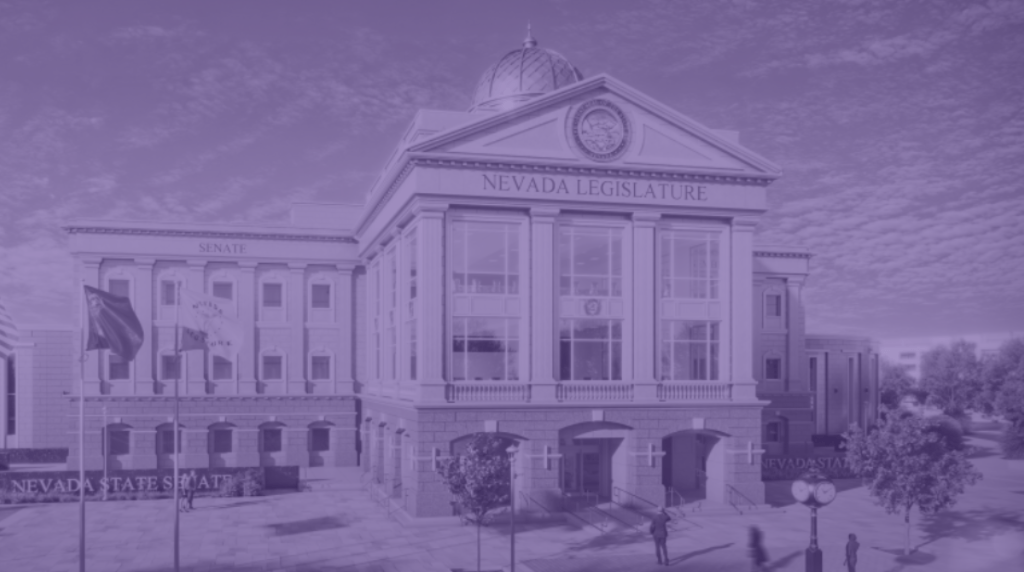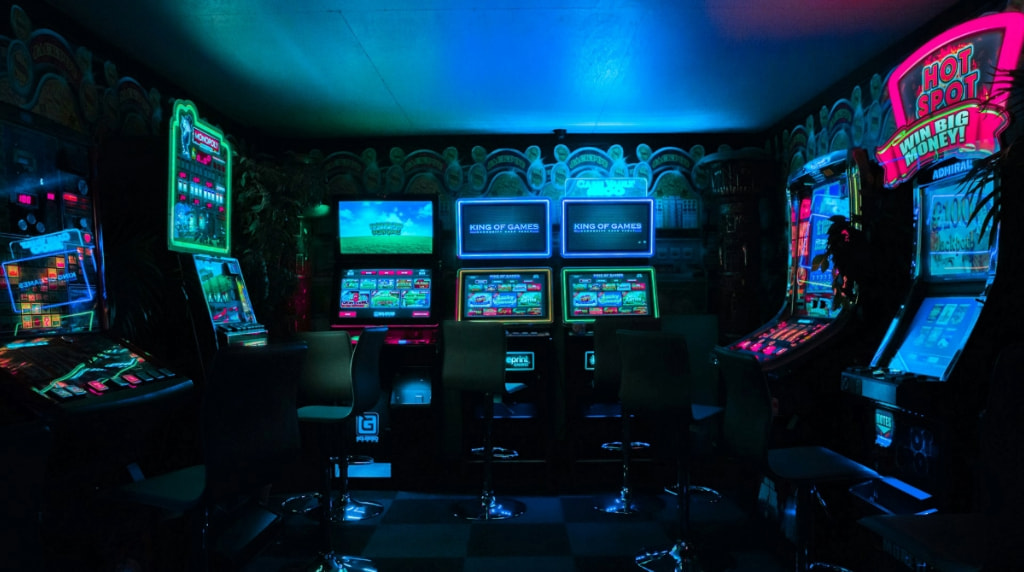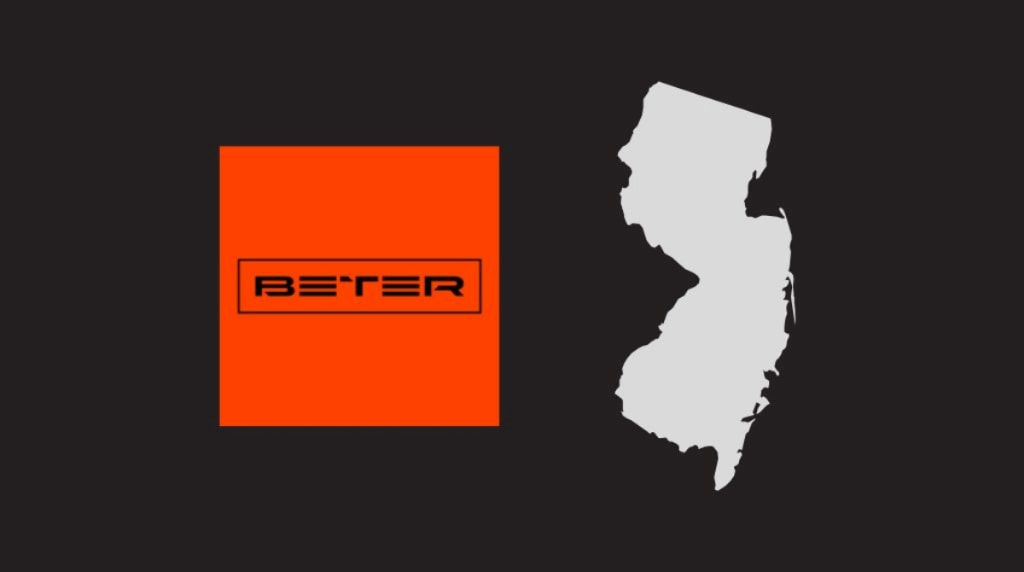Nevada Bill Has Tools for Law Enforcement to Target Illegal Gaming
A proposed legislative measure in Nevada, Senate Bill 256, aims to strengthen the state’s stance against unlicensed gambling.

Nevada’s bill would increase penalties on illegal gambling operators.
Key Facts:
- State lawmakers seek to increase punishment on those running criminal gaming operations
- Jail time for convicted offenders would increase to one year under proposed Nevada law
- Numerous states are considering legislation to redefine and penalize illegal online gambling activities
Filed by Nevada Senator Rochelle Nguyen on February 27th and currently under review by the Senate Judiciary Committee, Senate Bill 256 (SB256) would not alter the existing legal definitions of gambling activities.
However, it introduces significant financial penalties and escalates the severity of certain related offenses.
All the Things SB256 Is About
SB256 mandates the forfeiture of all proceeds generated from unlicensed gambling operations, with these funds directed into Nevada’s general fund.
Furthermore, it elevates the penalty for accepting, receiving, or permitting specific individuals to accept or receive certain wagers from a misdemeanor to a gross misdemeanor. In practical terms, this shift means that potential jail time could increase from a maximum of six months and a $1,000 fine to a year in jail with a $2,000 fine.
The introduction of SB256 coincides with ongoing regulatory actions by the Nevada Gaming Control Board (NGCB) against Kalshi, a predictions exchange market. The NGCB has asserted that Kalshi’s sports event-related prediction contracts constitute unlicensed gambling.
Although Kalshi received an extension to address this claim, the outcome of this dispute could foreshadow broader enforcement actions should SB256 become law. In essence, the bill would empower prosecutors with new tools to combat unlicensed gambling, complementing the NGCB’s existing regulatory efforts.
It’s important to note that Nevada is not alone in its pursuit of stricter regulations on online gambling. Across the United States, several states are considering legislation to redefine and penalize illegal online gambling activities.
While some states focus on specific sectors like social and sweepstakes-based online casinos, Nevada’s approach, like others, is more general. As legal gaming, such as sports betting and online casinos spread across the US, jurisdictions are aiming to alter or add to regulations. Some states, like Michigan and Illinois, have shuttered illegal gaming operations.
Any betting location that is unregulated is operating outside the law and presents a threat to consumers. Often, such operations are also involved in other criminal activities like money laundering, drugs, and even weapon dealing.
Regardless of the specifics, the enforcement of these new regulations, if passed, will ultimately fall to state prosecutors.
While gambling regulatory bodies can initiate investigations and refer cases for criminal prosecution, their primary enforcement capabilities are typically limited to licensees, with penalties such as license revocations and bans on future licensing.
Nevada has one of the oldest gaming markets in the US, with casinos dating back to the 1920s. The state has featured slot machines and sportsbooks for decades, much earlier than other areas of the country.
Still, lawmakers are wary of cracks in regulations that can allow illegal actors to set up shop.
The potential passage of SB256 underscores Nevada’s intent to pursue unlicensed gambling aggressively. The added incentive of capturing revenue from such activities further emphasizes the need for companies accepting wagers from Nevadans to evaluate and potentially modify their operational practices carefully.




